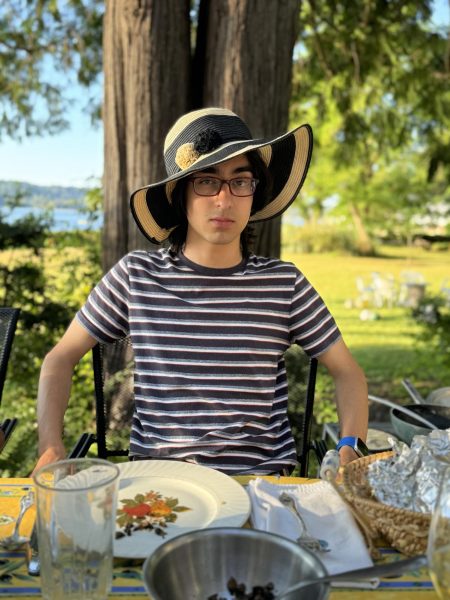Bruce Harrell
The current mayor usually sets the tone for the mayoral race and has the greatest advantage. Bruce Harrell, however, is at risk of replacement this November.
In January, a poll came out that put the Garfield Alum’s approval rating down to 38%.
In February, Prop 1B, the social housing initiative that Harrell endorsed lost in a landslide to a more progressive option, a sign that voters have lost trust in him. Then Seattle voters learned of his 1996 arrest for brandishing a gun at a pregnant woman. A few weeks later, several women, including his niece Monisha Harrell, came forward about the toxic and misogynistic workplace that he perpetrated at city hall.
Harrell’s campaign is now focusing on his key strengths, his strong community ties and 2 decades of experience as a Seattle politician.
Katie Wilson
is a progressive organizer who has been working with the Transit Riders Union (TRU) since 2011. She has helped build the TRU into a major political force in King County, passing multiple minimum wage initiatives in the area. Recently, Wilson has worked as a consultant on the city’s budget, pushing Harrell to tax wealthy Seattleites more, rather than putting the burden on low-income families. “We have an extremely regressive tax system in this state. We’re now the second worst after Florida.” Wilson said.
Ry Armstrong
is a Seattle-born activist and non-profit organizer. Their progressive vision for Seattle is centered around climate change, with a focus on Workers’ Rights and Transportation. Many of their plans, like building 1000 shelter units in their first 100 days, are similar to promises that moderate candidates like Bruce Harrell have made yet failed to follow through on. “Seattle has an analysis paralysis, fear of failure issue in my opinion. We need to actually start making moves.” Armstrong said.
Joe Molloy
lost their home last year and now lives in a tent city, and is running a campaign centered around housing and homelessness. Molloy has management experience in real estate, housing, and sheltering the homeless. “We should treat it as if we had a big natural disaster just now and we have 10,000 people forced out onto the street,” Molloy said. Their four-year plan for Seattle is called the Homeless New Deal. The first steps are building 2,500 shelter beds, and creating a new network of nonviolent emergency responders.
Their preventative measures include expanding Seattle Promise to trade programs and UW, and testing out a Universal Basic Income.
Rachel Savage
is campaigning to be Seattle’s first Republican mayor in 55 years. As a Capitol Hill business owner, her main concerns are drug use and homelessness. She plans to increase police presence on Seattle’s streets, and step up arrests for public drug use and other misdemeanors.
Thaddeus Whelan
is the youngest candidate in the race, and could be considered the most left-wing. He calls for Seattle to force Police Officers out of their union. His housing plan includes taxing unused land and opening more neighborhoods up for construction of apartments and condos by ending single-family zoning completely. Whelan also plans to bring back the Supersonics, and bring them under city ownership so that fans can have a say in how the team is managed.






